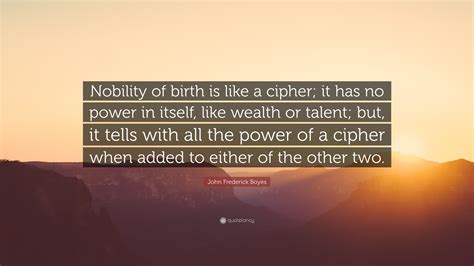A Quote by Daniel Barenboim
Every great work of art has two faces, one toward its own time and one toward the future, toward eternity.
Related Quotes
We must move from ... the primacy of technology toward considerations of social justice and equity, from the dictates of organizational convenience toward the aspirations ofself realization and learning, from authoritarianism and dogmatism toward more participation, from uniformity and centralization toward diversity and pluralism, from the concept of work as hard and unavoidable, from life as nasty, brutish, and short toward work as purpose and self~fulfillment, a recognition of leisure as a valid activity in itself.
Every child in America who enters school at the age of five is mentally ill, because he comes to school with an allegiance toward our elected officials, toward our founding fathers, toward our institutions, toward the preservation of this form of government that we have. Patriotism, nationalism, and sovereignty, all that proves that children are sick because a truly well individual is one who has rejected all of those things, and is truly the international child of the future.
... social roles vary in the extent to which it is culturally permissible to express ambivalence or negative feelings toward them.Ambivalence can be admitted most readily toward those roles that are optional, least where they are considered primary. Thus men repress negative feelings toward work and feel freer to express negative feelings toward leisure, sex and marriage, while women are free to express negative feelings toward work but tend to repress them toward family roles.
People do not drift toward Holiness. Apart from grace-driven effort, people do not gravitate toward godliness, prayer, obedience to Scripture, faith, and delight in the Lord. We drift toward compromise and call it tolerance; we drift toward disobedience and call it freedom; we drift toward superstition and call it faith. We cherish the indiscipline of lost self-control and call it relaxation; we slouch toward prayerlessness and delude ourselves into thinking we have escaped legalism; we slide toward godlessness and convince ourselves we have been liberated.
It's clear to me now that I have been moving toward you and you toward me for a long time. Though neither of us was aware of the other before we met, there was a kind of mindless certainty bumming blithely along beneath our ignorance that ensured we would come together. Like two solitary birds flying the great prairies by celestial reckoning, all of these years and lifetimes we have been moving toward one another.
A poem, as a manifestation of language and thus essentially dialogue, can be a message in a bottle, sent out in the –not always greatly hopeful-belief that somewhere and sometime it could wash up on land, on heartland perhaps. Poems in this sense too are under way: they are making toward something. Toward what? Toward something standing open, occupiable, perhaps toward an addressable Thou, toward an addressable reality.
Not the least of the problems in clarifying one's consciousness is developing the stoic determination to criticize one's own softness or sentimentality toward oneself. Ego, self-solicitous about its own tenderness, is the ultimate policeman over its own false consciousness, dementedly uprooting every healthy seedling of insight into the truth. As Kierkegaard remarked, most people are subjective toward themselves and objective toward all others, but the real trick and task of life is to learn to be just the very opposite.



































